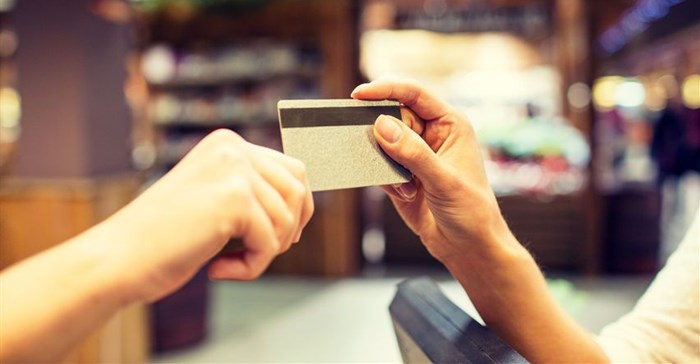
Top stories

Marketing & MediaCould an alcohol ad encourage children to climb into washing machines?
Karabo Ledwaba 6 hours





More news













As consumers recover from Black Friday sales in November and festive season spending in December, retail trade sales increased by a lower-than-expected 3.2% year on year in January 2017 (R78bn).
This followed a 5.1% rise in December (R117.5bn) and a significant 7.9% year-on-year increase in November 2017 (R94.4bn).
"The data would suggest that after embarking on a spending spree in November and early December 2017, the consumer ran out of steam in the beginning of the year," said Stanlib chief economist Kevin Lings.
Weighing against the consumer in 2018 will also be the recent tax hikes, particularly the increase in the VAT rate from 14% to 15% which will come into play on 1 April, he said.
The 52c/litre added to the fuel price will also hold back a more robust expansion.
While retail spending is expected to remain positive in 2018, the sector could struggle to gain momentum unless there is a meaningful improvement in job creation, said Lings.
Despite this, consumer spending is likely to be supported by lower inflation and debt service costs as well as higher consumer confidence, underpinned by recent political developments, said Nedbank economist Johannes Khosa.
This has renewed hopes that there may be an interest rate cut next week when the Reserve Bank's monetary policy committee is set to meet.
Better-than-expected February inflation of 4% has raised the chances of a cut, said Khosa.
Source: BDpro

For more than two decades, I-Net Bridge has been one of South Africa’s preferred electronic providers of innovative solutions, data of the highest calibre, reliable platforms and excellent supporting systems. Our products include workstations, web applications and data feeds packaged with in-depth news and powerful analytical tools empowering clients to make meaningful decisions.
We pride ourselves on our wide variety of in-house skills, encompassing multiple platforms and applications. These skills enable us to not only function as a first class facility, but also design, implement and support all our client needs at a level that confirms I-Net Bridge a leader in its field.
Go to: http://www.inet.co.za